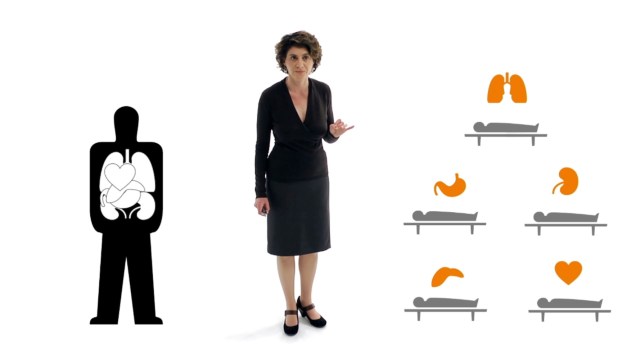Social Costs of Food Journaling Rival Health Benefits

Food journaling on your smartphone is a good way to keep tabs on healthy (or unhealthy) habits. Like a diary, it can clue you into any unhealthy developments and allow you to alter course before they become destructive daily routines. But Jesse Singal from NYMag writes that despite the built-in calorie counters and other features, food journals are still really hard to keep.
Felicia Cordeiro recently wrote in a paper, published in the Proceedings of the International ACM Conference on Human Factors in Computing Systems, that many food journalers quit before they’re able to reap the benefits of their food tracking. She referenced one study that showed “only 3% of 190,000 downloads [of a food-journal app] resulted in a person using the mobile food journal for more than one week.” Not the best track record. But why do so many people quit?
In order to find out, Cordeiro and her team of researchers combined surveys from MyFitnessPal, FatSecret, and Calorie Count from “141 current and lapsed food journalers with analysis of 5,526 posts from community forums.”
They found that even with the social aspect built into these apps, it didn’t create the positive feedback loop that these developers had hoped would hook people, like Facebook often does. When it comes to talking about eating healthy, users had polarizing reasons for quitting their journaling with their friends either contributing too much or too little. Take this FatSecret user, who said, “I used to log frequently in the past, [but] most of my connections have stopped logging in or are no longer members, so I recently emptied my ‘buddylist.'”
Others complained that their buddies were too successful in their journaling, which caused them to stop. One caused a user to comment: “I hate coming on to forums and seeing how much people have lost and I have made barely any progress at all.”
Another aspect of these food apps was the huge variation in some calorie counts. For example, say you have a bagel with cream cheese; some apps will give you an overwhelming amount of choice with very different numbers. Usually these choices reference a chain store, but what if you didn’t buy from a chain or one the app supports? It’s anyone’s guess at that point. Given that fast-food and chain stores are “significantly easier to journal” on these apps, it doesn’t exactly encourage users to embody the idea of “healthy living.”
What’s more, a recent study has shown that counting calories may not be the most effective method. So, rather than painstakingly tallying up how many calories you’ve consumed every day, just tell yourself you’re only going to eat certain foods.
Read more about the study at NYMag.
Photo Credit: matryosha / Flickr




